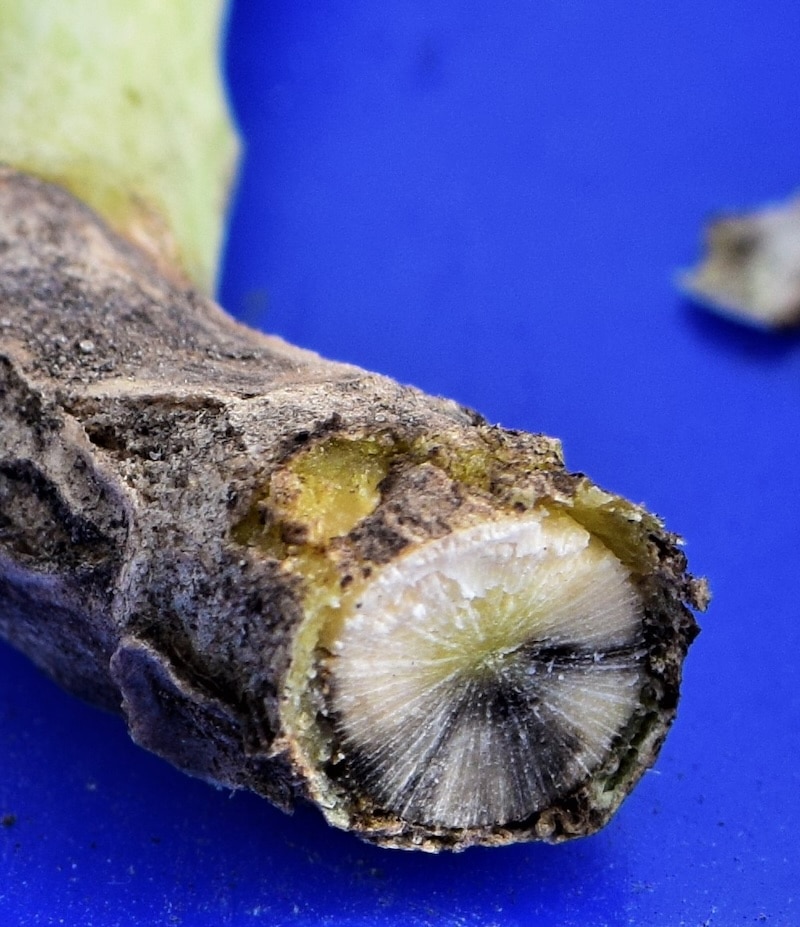Key Result
Researchers developed a faster and more accurate way to scan plant and soil samples for blackleg pathogen races and clubroot pathotypes.
Project Summary

Purpose
To help canola growers with management of clubroot disease, researchers propose to develop a sensitive and rapid diagnostic tool to detect the presence of pathogen and determine the pathotypes present and the relative abundance.
Overview
This project developed a high-throughput and accurate pathogen genotyping method to determine the blackleg pathogen races present in canola stems and clubroot pathotypes present in root galls and soil samples. The method is much faster and precise than the PCR-based system, and can also identify several other fungal pathogens on the same samples.
Knowledge of pathogen races is essential for the successful prevention of crop pathogens. Plant pathogen virulence genes, also known as effectors, can mutate rapidly and generate new pathogen races/pathotypes that overcome disease-resistant varieties. Detecting and tracking changes in the effector genes of pathogens is important for crop disease management.
Unlike PCR markers, targeted sequencing not only identifies known mutations in the genes of interest but also detects new mutations. Commercial labs would need sequencing capability and training to use these tests.





